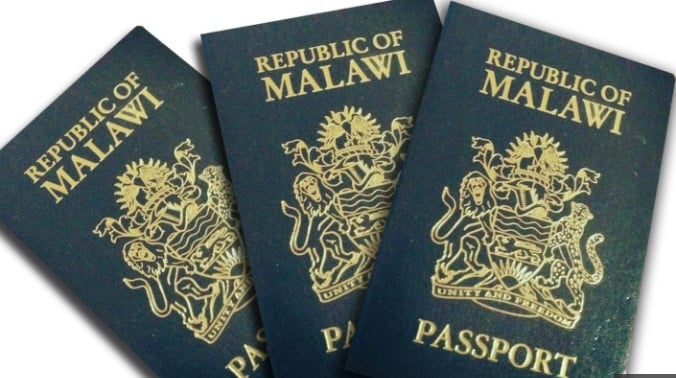By NyasaAuthor1
Copyright nyasatimes

The Malawian passport, once a proud symbol of national identity, has become a source of anger and humiliation as revelations emerge that the document is being printed thousands of kilometres away in India.
Despite government assurances on security, insiders at the Department of Immigration and Citizenship Services have confirmed what many feared: the country has effectively outsourced its sovereignty.
National Security at Stake
Sensitive data of Malawian citizens—biometrics, personal details, and passport files—are now being stored and processed abroad. This means a foreign company, Madras Security Printers Limited, holds the keys to Malawi’s most sensitive identification system.
“Passports are not being printed here. Data is being stored and processed in India, not in Malawi,” a senior officer confided. “Very few booklets have reached Malawi, some with errors. The system is messy, and citizens are paying the price.”
Security analysts warn that such arrangements open the door to data breaches, identity theft, and international fraud, leaving Malawians exposed in ways no other country in the region has dared to risk.
Delays, Errors, and Broken Promises
The much-hyped $29 million contract with Madras Security Printers was expected to produce 2,000 passports daily. Instead, production has been sporadic and plagued with errors. For two months, no passports were issued at all as government switched contractors, leaving desperate applicants stranded.
Today, more than 400,000 Malawians who paid under the previous supplier, E-Tech Systems, have been told to start the process all over again. For families seeking travel for school, medical emergencies, or business, this means wasted money, lost opportunities, and untold suffering.
Applicants interviewed at Immigration offices described the situation as “daylight robbery,” with some forced to camp for weeks without any communication on when—or if—they will ever receive their documents.
Government in Denial
While the Department’s spokesperson Pasqually Zulu has dismissed fears over security, claiming all approvals and audits are done locally, his words ring hollow in the face of mounting evidence of poor quality, massive delays, and glaring administrative lapses.
He admitted there was a four-week printing blackout due to “system transition” but insisted the new contractor will bring advanced printing capacity. Yet, months later, ordinary Malawians see only long queues, broken promises, and foreign dependence.
A National Embarrassment
Since independence, Malawians have guarded their passports as a precious marker of belonging. Today, it has become a symbol of frustration. That the country of 21 million people cannot even print its own passports without foreign intervention has left many asking: has Malawi traded its sovereignty for incompetence?
Civil society groups are already calling for a parliamentary probe, warning that if left unchecked, this outsourcing could entrench a cycle of dependency, corruption, and insecurity.
For now, the reality is grim: Malawians remain trapped in endless queues while their identity, security, and dignity are managed offshore.



